
Continue Reading
The Fellowship supports a range of scholars—from independent artists to emerging and established researchers. Up to six Craft Archive Fellows receive honoraria of $5,000 each to conduct research in an archive of their choosing. They may engage in both conventional and innovative approaches to archival research.
Grant goals
To encourage and support the research and writing of historically underrepresented and nondominant American craft histories
To expand understanding of where and how archival craft research can be conducted
To raise awareness of the importance of craft research
Six fellowships of $5,000 will be awarded to support archival research on underrepresented and non-dominant craft histories in the United States.
ELIGIBILITY
Proposals are welcome from a range of emerging to established scholars, including artists researchers. Funding is intended to support independent research and is not intended to support research conducted on behalf of an institution, organization, or 501c3.
Archives are repositories for and collections of primary source materials where people can conduct research. However, the histories preserved and stored within institutional libraries and archives often reflect the dominant cultural narratives, limiting the types of histories that can be told. Therefore, this fellowship takes an expansive understanding of what an archive is, to delimit what an archive can be. For the purpose of this grant, the Center for Craft understands archival craft research to be, but not limited to:
Applicants must be:
Applicants cannot be:
If an applicant has been previously awarded a Center for Craft grant, but did not complete the project, or is still in the progress of completing a grant or fellowship they are not eligible to apply.
Applicants may only receive one Center for Craft grant and/or fellowship per year. Awards cannot be deferred to the next year due to outstanding applications or multiple awards.
The Center encourages applications from historically underrepresented populations. The Center for Craft prohibits discrimination, harassment, and retaliation based on sex, sexual orientation, race, color, religion, national origin, disability or perceived disability, age, marital status, gender identity, veteran status, or any other protected category. Applying does not constitute a promise or guarantee of being awarded a grant.
—
USE OF FUNDS
Award funds may be used to cover travel and living expenses, personal stipends/honoraria, image rights, photocopies or other reproductions, subcontracted research assistance, purchase of primary source materials, and other incidental research expenses. Award funds may be used towards rent, childcare, and healthcare, as needed.
REQUIREMENTS
REVIEW PROCESS
Applications will be reviewed first by the Center for Craft for staff for completeness and then evaluated by a panel of jurors through the SlideRoom online application review portal. The panel will consist of three expert jurors, such as scholars, archivists, curators, and artist researchers.
Jurors free of any conflict of interest will evaluate the applications based on the following criteria:
Consideration in final selection:
The Center for Craft respects, values, and celebrates the unique attributes, characteristics, and perspectives that make each person who they are. We foster open communication of diverse perspectives and bring a broad range of individuals together to enrich and support programming. Ultimately we will ask the Selection Panel to identify a set of recipients representing a range of scholars, such as independent, artist, and emerging to established researchers, diversity, geographies, materials, approaches, and underrepresented histories.
HOW TO APPLY
Deadline
The 2025 Craft Archive Fellowship application must be submitted via SlideRoom no later than 11:59 pm ET on May 20, 2025. Notification of awards will be released by the end of August 2025 for a grant period beginning September 1, 2025. The grant period will be completed on September 30, 2026. Fellows will present their resulting research in a Special Edition article published by Hyperallergic and a Center for Craft virtual public program in September 2026.
Notification
Notification of the results will be sent via email in by the end of August 2025, with a start date of September 1, 2025. The email address listed on the application form will be used to send out notifications. Please be sure that it is a valid email account that you check regularly.
How to Apply
Applicants must apply using the online application program SlideRoom at https://centerforcraft.slideroom.com/#/Login. Applicants will not be required to pay an application fee. Please review the sample application below before beginning your application. All applicants should create a login to be able to partially complete the form and return to finish it at a later date. Before submitting your application, you will be directed to a confirmation page where you can review your form and return to edit or delete your uploaded files as needed. Your application can not be accessed once submitted. Applicants will receive a confirmation email once the application form has been successfully submitted. A virtual application information session will be held on April 7, 2025. The information session will be recorded and available on the Center for Craft website.
—
2025 Craft Archive Fellowship - SAMPLE APPLICATION
This is only a sample application. All applications must be completed in SlideRoom.
Proposal to be submitted via SlideRoom as follows:
Demographic Survey
The Center for Craft is committed to diversifying our audiences and to providing equitable and accessible programming – in order to do so, we need to know who our audiences are. Additionally, many of our funders ask that we report on the demographics of our audiences. Please note that the data from the demographics section will only be used anonymously for grant writing and reporting. Completion of this survey will in no way affect your application. If you are applying as a collaborative or organization please select the option “Not applicable.” You must complete the form, however, you may answer each question with the "prefer not to answer" option. Thank you.
Cover sheet
Application
Allowed Media Types:
You have the option of uploading any combination of images or video links (from hosting sites such as Vimeo, Flickr, or YouTube.) During the review process, only the first 2 minutes of each video sample, so please edit your materials accordingly. Images should be in a JPEG format no larger than 1600 pixels on any side @ 300 dpi. Name each jpeg file with “Last NameImageTitleNumber.jpg,” i.e., “SmithUntitled1.jpg”, “SmithUnititled2.jpg” etc. Each uploaded image or video link must be accompanied by a corresponding image description (up to 50 words). Please include title, date, medium, size, and a short description of each uploaded image or media file.
FAQs
If I win, will I have to pay taxes on my award?
Yes, all cash funding is taxable income.
May I mail a hard copy of my application materials to the Center for Craft’s office?
No, hard copy submissions will not be accepted. The application must be completed and submitted through SlideRoom.
Can I work on my application and return to complete it at a later date?
Yes, creating a login account will enable you to complete the form in several online sessions.
I just submitted my application, but I want to return to it and make an edit. Is this possible?
No, once your application is submitted, you will not be able to return to the form or change any submitted information. The application fee must also be paid when submitting your application, as you will not be able to log in again to access the payment page again.
I am a student. Am I eligible to apply?
Yes
I work for an institution, organization, or 501c3; however, I am applying as an individual and conducting research independent from the institution, organization, or 501c3 I work for. Am I eligible to apply?
Yes.
I have previously received a Center for Craft grant. Am I eligible to apply?
Yes
I have previously received a Center for Craft grant but did not complete the project or am still in the progress of completing the project I was funded. Am I eligible to apply?
No
If awarded, can I use the funds to archive my own work/practice?
No
Are applicants responsible for obtaining copyrights to documents, images, manuscripts included in their research?
Yes
Collaboratives are welcome to apply. There must be one fiduciary agent for the group or one person who will receive the award funds as this person will be responsible for paying taxes on the award amount funded.
Who can I contact with questions?
For any questions, please contact Mellanee Goodman, Program Manager - Research & Ideas, at mgoodman@centerforcraft.org or call (828) 785 - 1357 ext. 103.

Hyperallergic is a leading voice in arts publishing, offering contemporary perspectives that “challenge the art world status quo.” With over 1 million unique visitors per month, working with Hyperallergic expands the impact of the research to a broader arts audience. The Center for Craft is partnering with Hyperallergic to feature up to 6 Center for Craft Archive Fellow’s research in a special edition of Hyperallergic's newsletter in Winter 2025. Thus ensuring the grantees' research is not only accomplished but free to access online and easily searchable for future researchers. This strategic partnership draws on the strengths of each organization in order to decrease physical and economic barriers to archival research, tell more accurate craft histories, and raise the visibility and appreciation of craft scholarship in the United States.
recipients
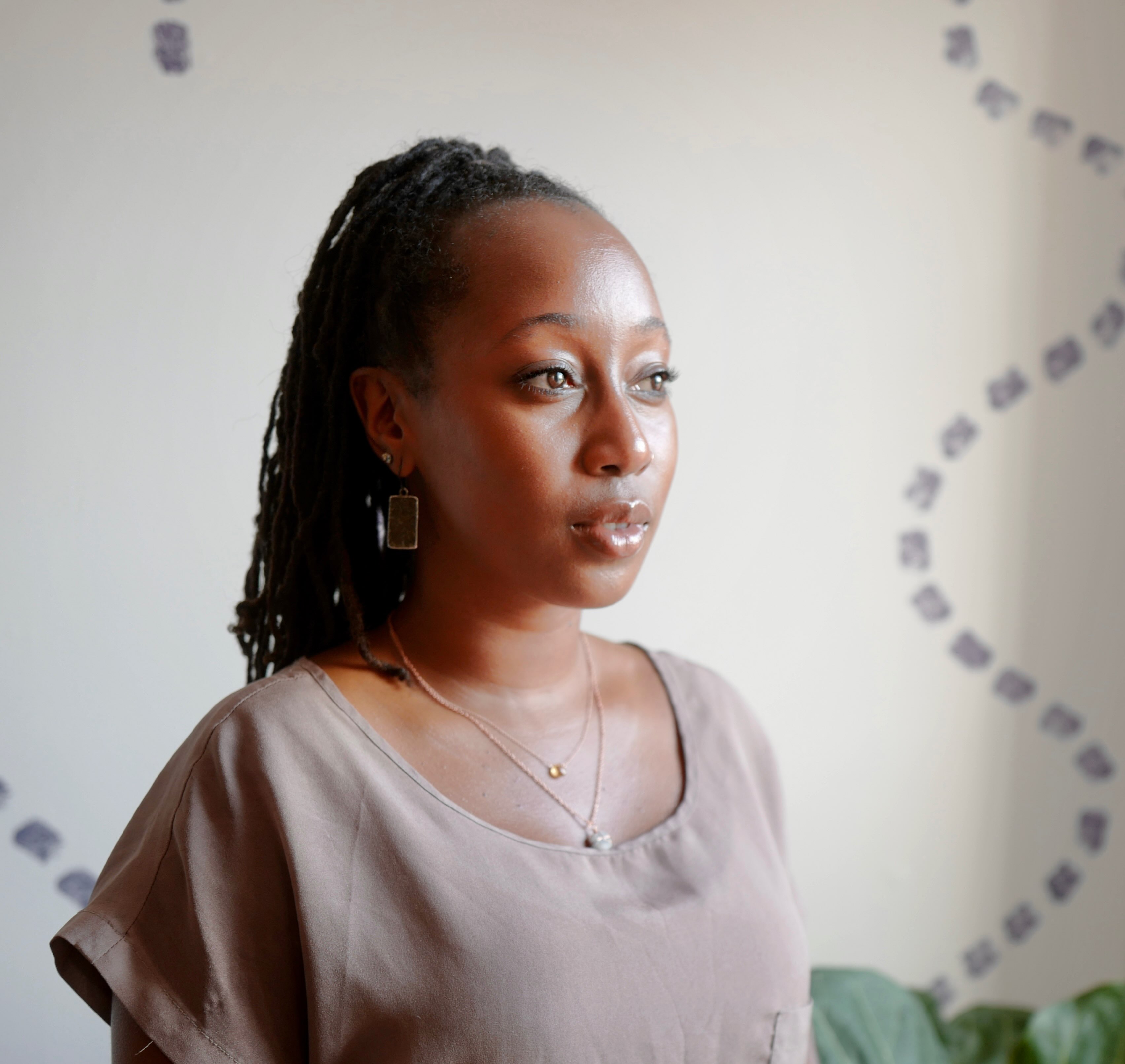
Photo credit: Heran Abate
Histories of Natural Dyeing and Botanical Pigment Making from a Black American Lens
Teju Adisa-Farrar
Atlanta, GA
This project documents natural dyeing practices by Black people in the United States, tracing botanical pigment traditions from Africa to contemporary reclamation. It highlights how Black artists and crafters preserved and adapted ancestral methods from the 18th to the 20th centuries as part of their cultural heritage.
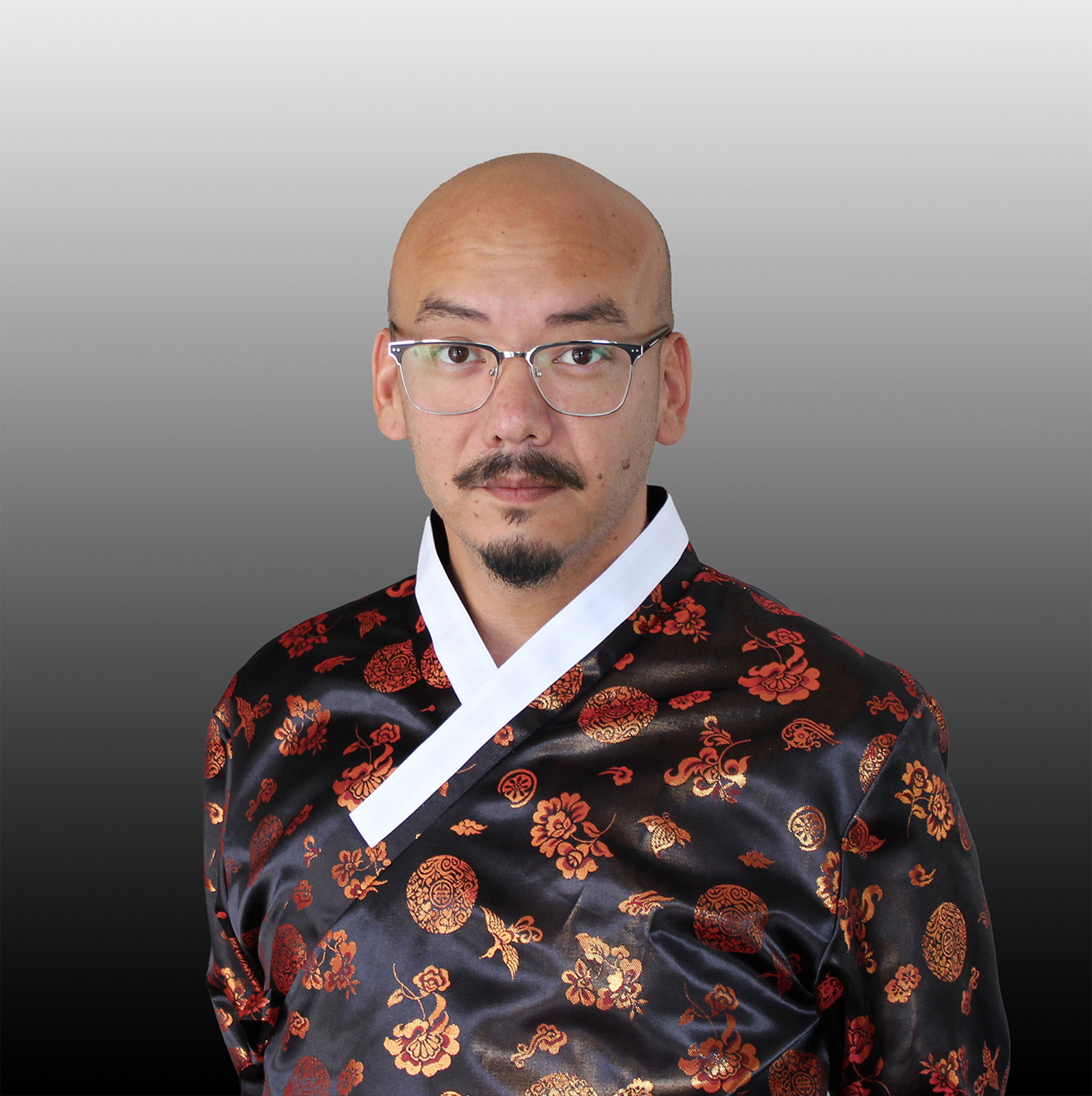
Photo courtesy of the fellow
Decolonizing the Tongue: Hanji in Kozo Patches
Robert Choe-Henderson
Warne, NC
Recipient of the Sara Clugage Award for the Craft Archive Fellowship
This research examines the decolonization of Korean papermaking in the United States by centering on "hanji" and challenging Japanese-dominated narratives. It advocates for linguistic and botanical precision to recover underrepresented craft histories and confront colonial legacies in the discourse of American papermaking.
Learn more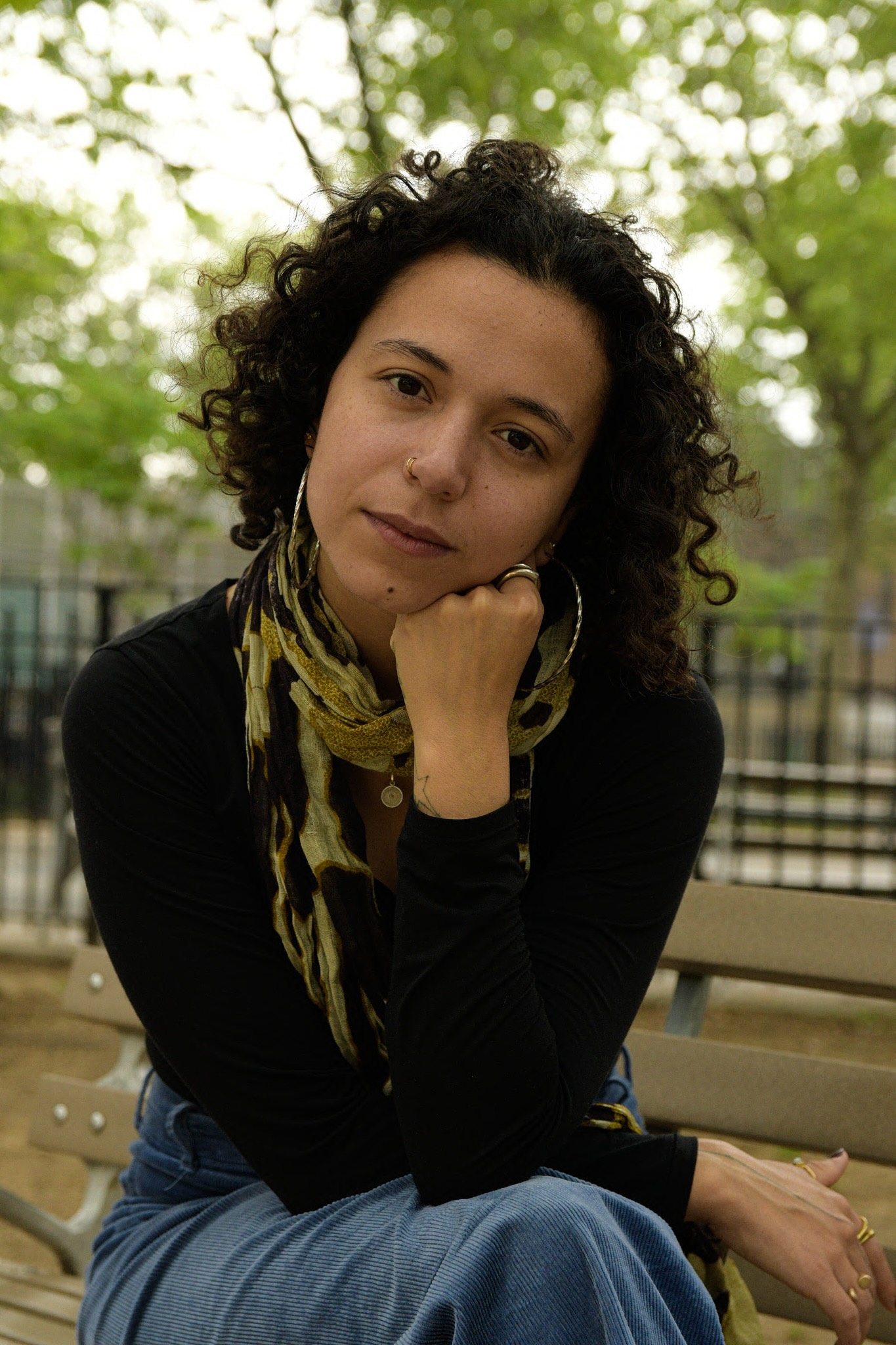
Photo courtesy of the fellow
Costureros as Living Archives: Craft and Care in Latina Immigrant Communities
Amalia Uribe Guardiola
New York, NY
Recipient of the Ayumi Horie Award for the Craft Archive Fellowship
This project explores “costureros”—textile circles led by immigrant Latina women in New York City—as archives where oral and material traditions converge. It traces how textile knowledge moves through the Americas as expressions of home, care, and protest emerge and transform through migration.
Learn more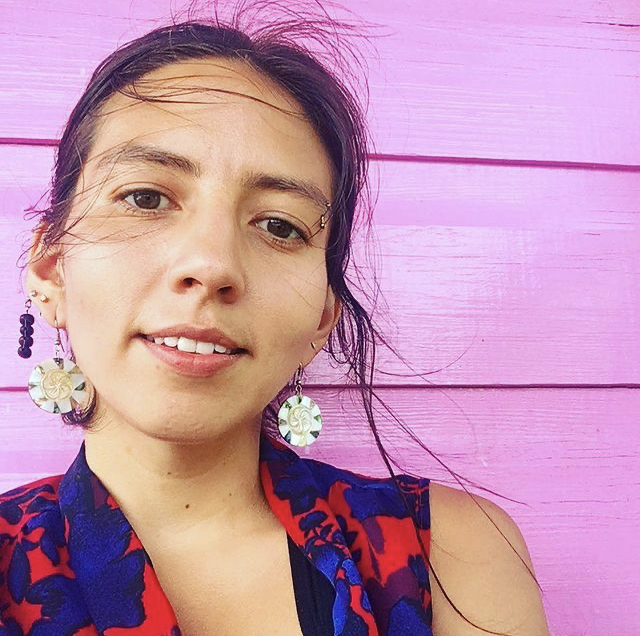
Photo courtesy of the fellow
Altar Making: A Critical Craft in Migrant Communities
Crystal Vance Guerra
Chicago, IL
This project investigates Mexican altar making as a diasporic craft tradition and living archive, documenting how migrants utilize this sacred practice to assert their presence, preserve memory, and resist erasure through oral histories, community archives, and visual storytelling.
Learn more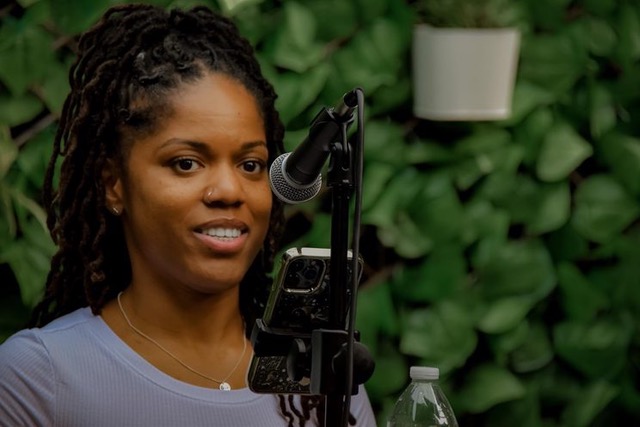
Photo credit: The Culturalist Union
Forged in Memory: Tracing Black Ironwork Lineage
Trelani Michelle
Savannah, GA
This research traces West African symbols, particularly “Sankofa,” in historic Black ironwork throughout the South in the United States. Through oral histories, archival research, and field visits, it will uncover how Black artisans encoded cultural memory into metal, preserving ancestral knowledge through craft.
Learn more
Photo credit: SHAN Wallace
Fanning Rice: Tracing Windward Coast Basketry in the Lowcountry
Bilphena Decontee Yahwon
Baltimore, MD
Recipient of the Gallaher Family Award for the Craft Archive Fellowship
This research traces the shared origins of Liberian basket weaving and Gullah sweetgrass basketry through the Windward Coast slave trade. It will explore how “fannuh” baskets, used for rice winnowing in South Carolina’s Lowcountry, served as both agricultural tools and vessels of cultural memory.
Learn moreMany thanks to our esteemed panelists for their dedication and enthusiasm in reviewing this year’s finalists.
Juliana Rowen Barton, curator and cultural organizer; director of the Center for the Arts and curator of Gallery360, Northeastern University
LaMar Gayles, archaeologist, independent curator, material culture scholar, and technical art historian
Siera Hyte, Schiller Family Curator of Indigenous American Art, Virginia Museum of Fine Arts
Róisín Inglesby, curator, William Morris Gallery
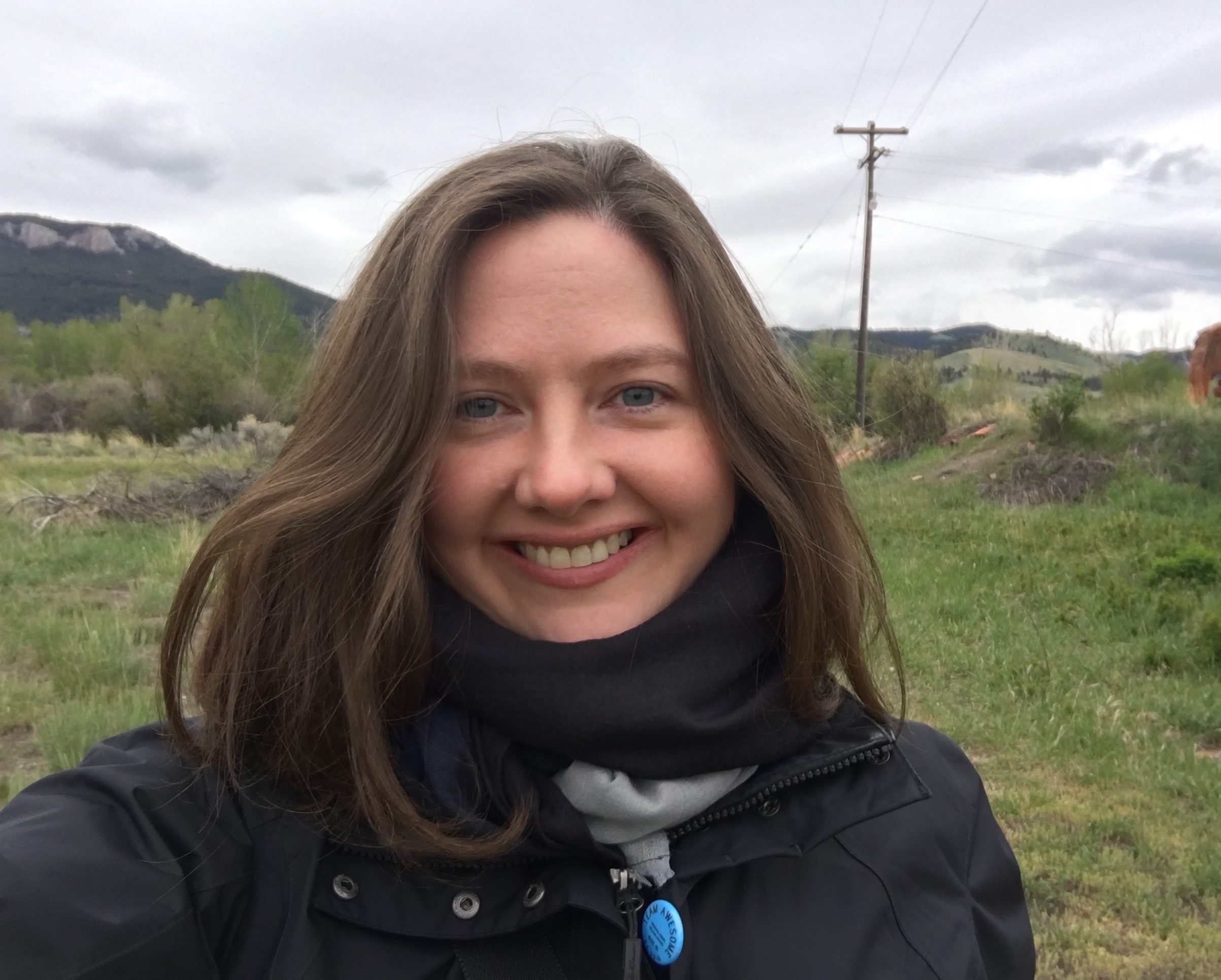
Photo courtesy of the panelist
Sarah Archer
Writer and Design Historian
Continue Reading
Sarah Archer is a writer and design historian based in Philadelphia. Her writing can be found in full-length books, including The Midcentury Kitchen, Midcentury Christmas, and Catland: The Soft Power of Cat Culture in Japan; in numerous museum publications, most recently for the Wharton Esherick Museum and the Print Center New York; in print (The New York Times, Material Intelligence, Architectural Digest) and online (The New Yorker, T Magazine, Hyperallergic). Previously, she was senior curator at the Philadelphia Art Alliance and the director of Greenwich House Pottery; more recently, she has appeared as a regular guest on the podcast You’re Wrong About and in the CNN documentary The Many Lives of Martha Stewart.
Visit Sarah's website and Instagram.

Photo courtesy of the panelist
Denali Jöel
Artist, Fashion Griot, and Culture Bearer
Continue Reading
Denali Jöel is a Jamaican-born, Los Angeles-based artist, fashion griot, and culture bearer whose multidisciplinary practice spans design, photography, film, performance, archival research, and community engagement. Drawing on Afro-Indigenous cosmologies and masquerade traditions such as Jonkonnu, their work approaches fashion as an embodied craft and living archive, and performance as a site of remembrance, repair, and speculative worldbuilding. Denali’s work has been featured in international exhibitions and supported by fellowships from the California Arts Council and the Center for Cultural Power. Notably, they were a 2024–25 Craft Archive Fellow.
Visit Denali's website and Instagram.

Photo courtesy of the panelist
Carine Zaayman
Researcher and Research Coordinator
Continue Reading
Carine Zaayman is a researcher and research coordinator at the RCMC (Wereldmuseum, the Netherlands). As an artist, curator, and scholar, she is committed to a radical reconsideration of colonial archives and museum collections, specifically those holding strands of Khoekhoe pasts. She works to find ways to release the hold these archives have over our imaginations when we narrate the past, as well as how we might shape futures from it.
Visit Carine's website and Instagram.
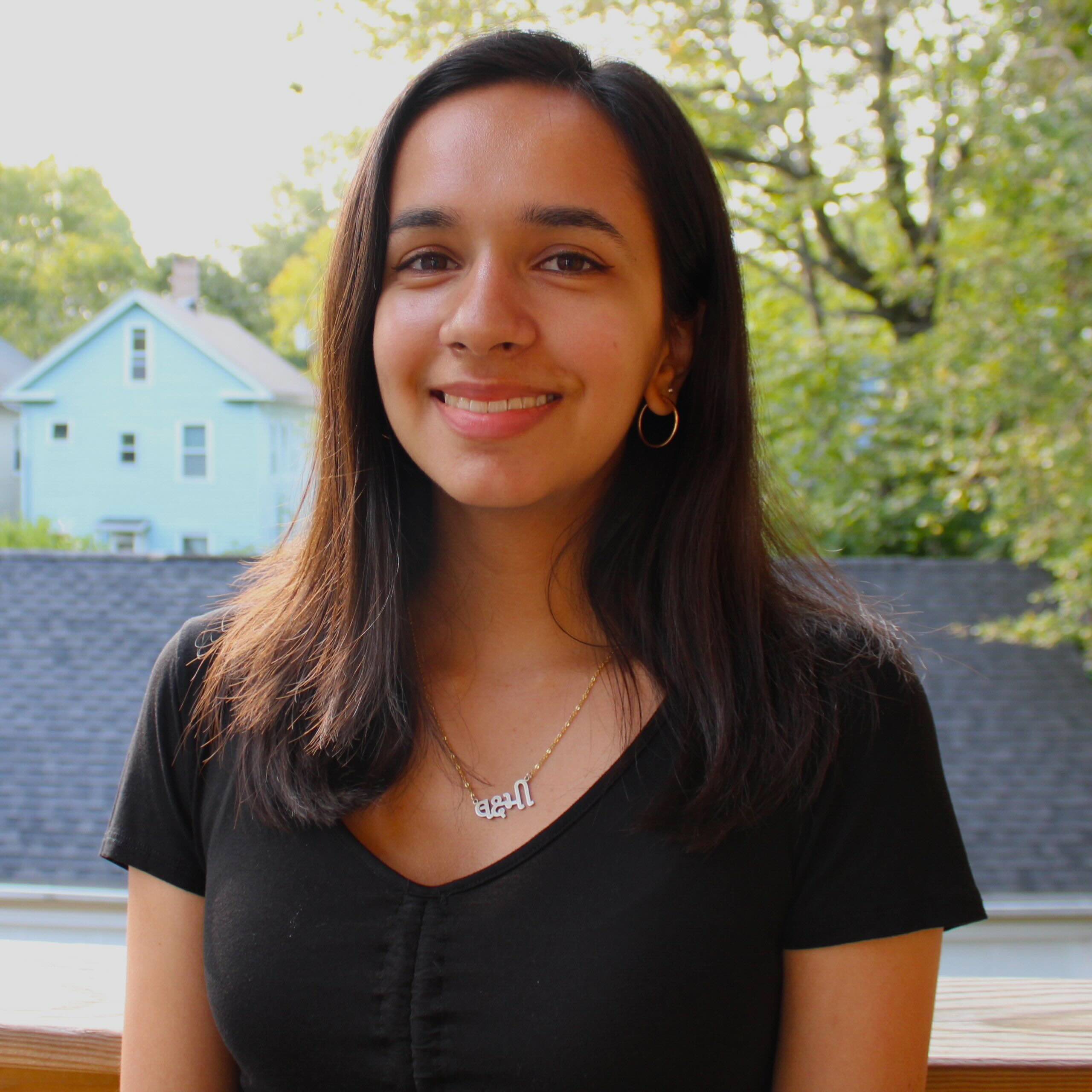
Photo courtesy of the panelist
Lakshmi Rivera Amin
Associate Editor at Hyperallergic
Continue Reading
Lakshmi Rivera Amin (she/her) works as an associate editor at Hyperallergic. Based in Brooklyn, she graduated from Yale University with a bachelor’s degree in ethnicity, race, and migration, with a focus on contemporary literature and the sociopolitical fabric of the South Asian diaspora.
Visit Lakshmi's website and Instagram.

Through a partnership with Hyperallergic—a leading voice in contemporary perspectives on art, culture, and more—the Fellows’ research will not only be accomplished, but available as a free online resource. The Center’s collaboration with Hyperallergic reduces physical and economic barriers to archival research, increasing the visibility and appreciation of craft scholarship in the United States.

Process photo of assembly of Y-axis conveyor belt.
Rose Buttress
—
$10,000
Rose Buttress is a self-trained machinist and programmer. Buttress’s research titled “FULL,” uses a novel design of fabric cutters to prefigure small batch garment fabrication efficiency with the goal of generating a new philosophy of inclusive design. Her research attempts to renegotiate the constraints on the industry through a methodology of developing new equipment that places the leading industrial mass production techniques and processes within small workspaces.
Learn more
Photo credit: Sean Carroll
Alexis Rosa Caldero
—
$10,000
Alexis Rosa Caldero is a first generation Ecuadorian-American and Puerto Rican disentangling from the inherited experience of forced assimilation. Informed by experience with wood, education, and art direction, Caldero’s craft strives to evoke beauty, unearth story, and build connection. Their research, titled “Beyond Ergonomics: Furnishing Healing,” asks what studio furniture can learn from anti-racist, fat positive, body-centered activism. It proposes a hands-on analysis of how everyday furniture can play a role in one’s healing journey through somatic study and community building.
Learn more
Photo credit: Mary Kang
Dana Davenport
—
$10,000
Dana Davenport is an interdisciplinary artist, who shifts between installation, sculpture, video, and performance. Within her practice, Davenport addresses the complexities that surround interminority racism as a foundation for envisioning her own and the collective futurity of Black and Asian peoples. Davenport's research titled “Dana's Beauty Supply: Research,” examines Black hair and hair care as a material that binds Black Americans and Korean Americans through the beauty supply industry, an industry that is overwhelmingly Korean-owned with a primarily Black customer base.
Learn more
Photo credit: Benjamin Weinberg
Emily Robison
—
$10,000
Emily Robison is a textile artist whose work incorporates place and cultural experience. Building upon their work with byssus fiber, a textile fiber produced by clams and traditionally used throughout the Mediterranean, Robison will research 18th and 19th century published descriptions of byssus production and the feasibility of adapting these techniques to North American pen clams.
Learn more
Photographed by David Hunter Hale
Nastassja Swift
—
$10,000
Nastassja Swift is a sculptural fiber artist, whose work exists figuratively in full or often fragmented forms that speak to geographical histories, womanhood, language and community. Swift’s needle felted portraits incorporate quilting, beading and other traditional and non-traditional materials morph into a form of storytelling that references the above themes. Swift’s research title “Hooded Figures: A History of Fashion and Power,”examines hoods across centuries, closely identifying the social and racial associations of the garment and how its symbolism has shifted over time. Using felting, quilting and beading, this research project will produce re-imagined images of Black subjects adorned in a hood.
Learn moreclose
✕

The Community Foundation of Western North Carolina is a trusted partner in philanthropy. We help donors and nonprofits achieve their charitable goals, now and forever.